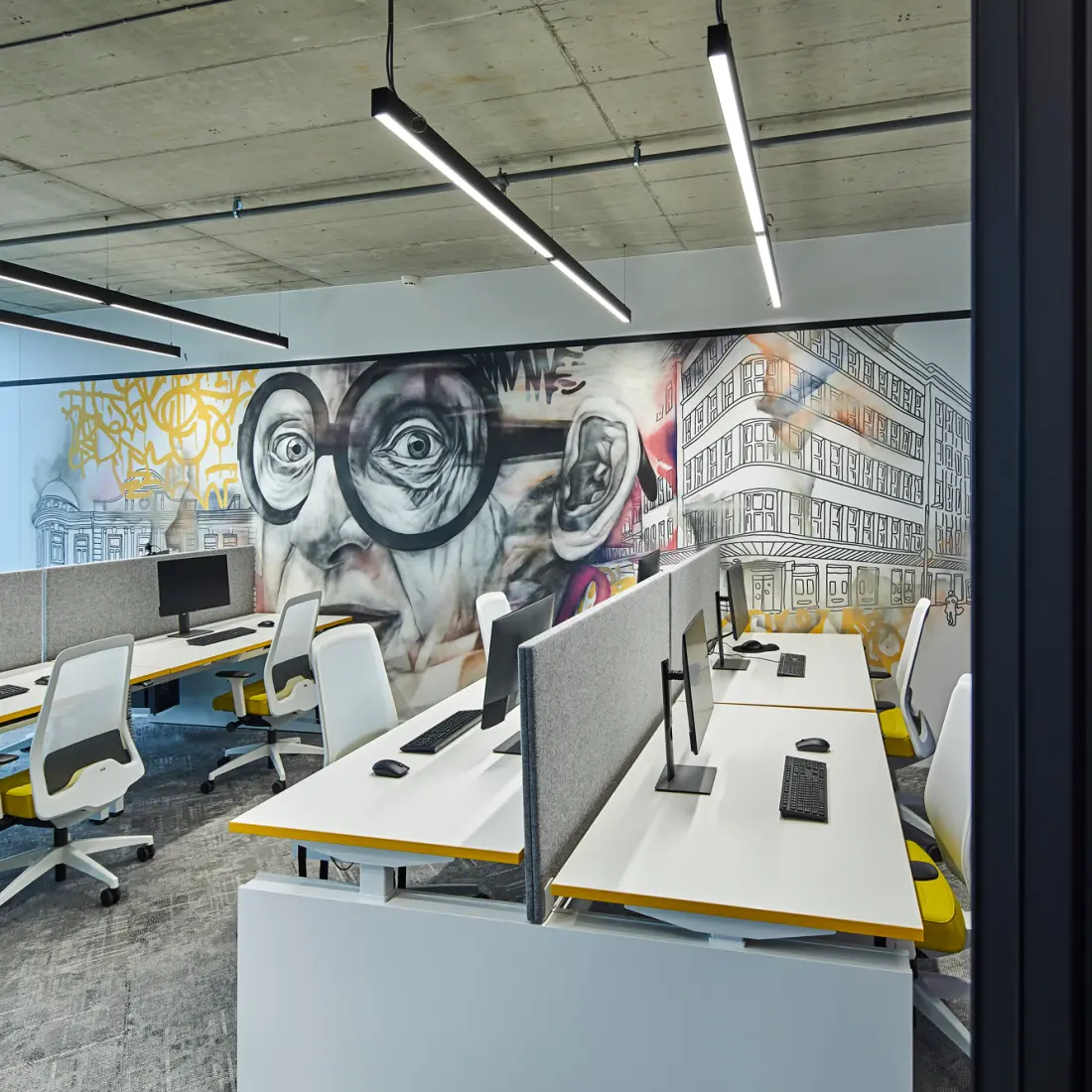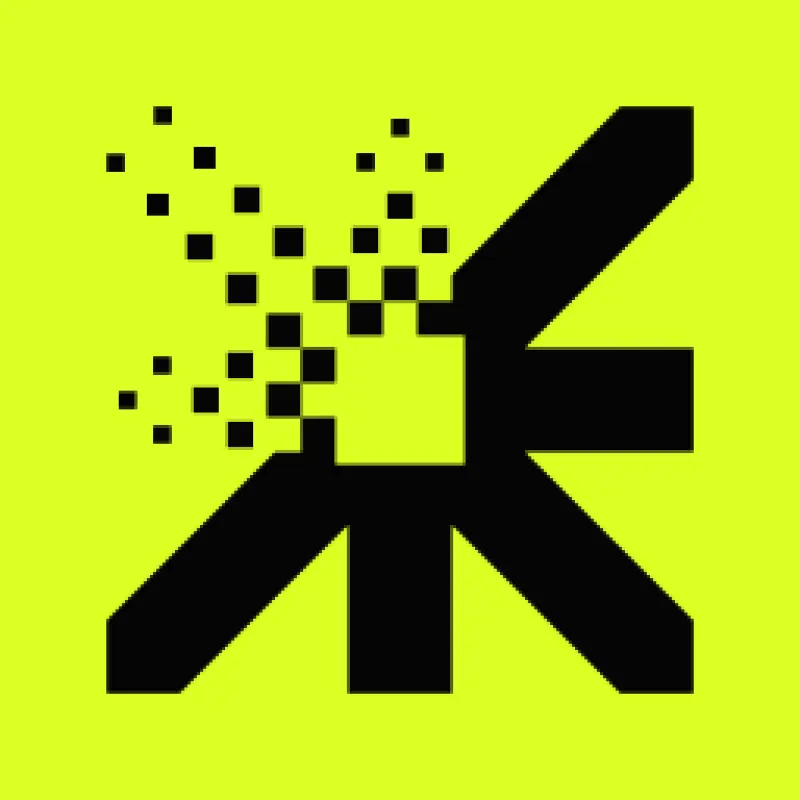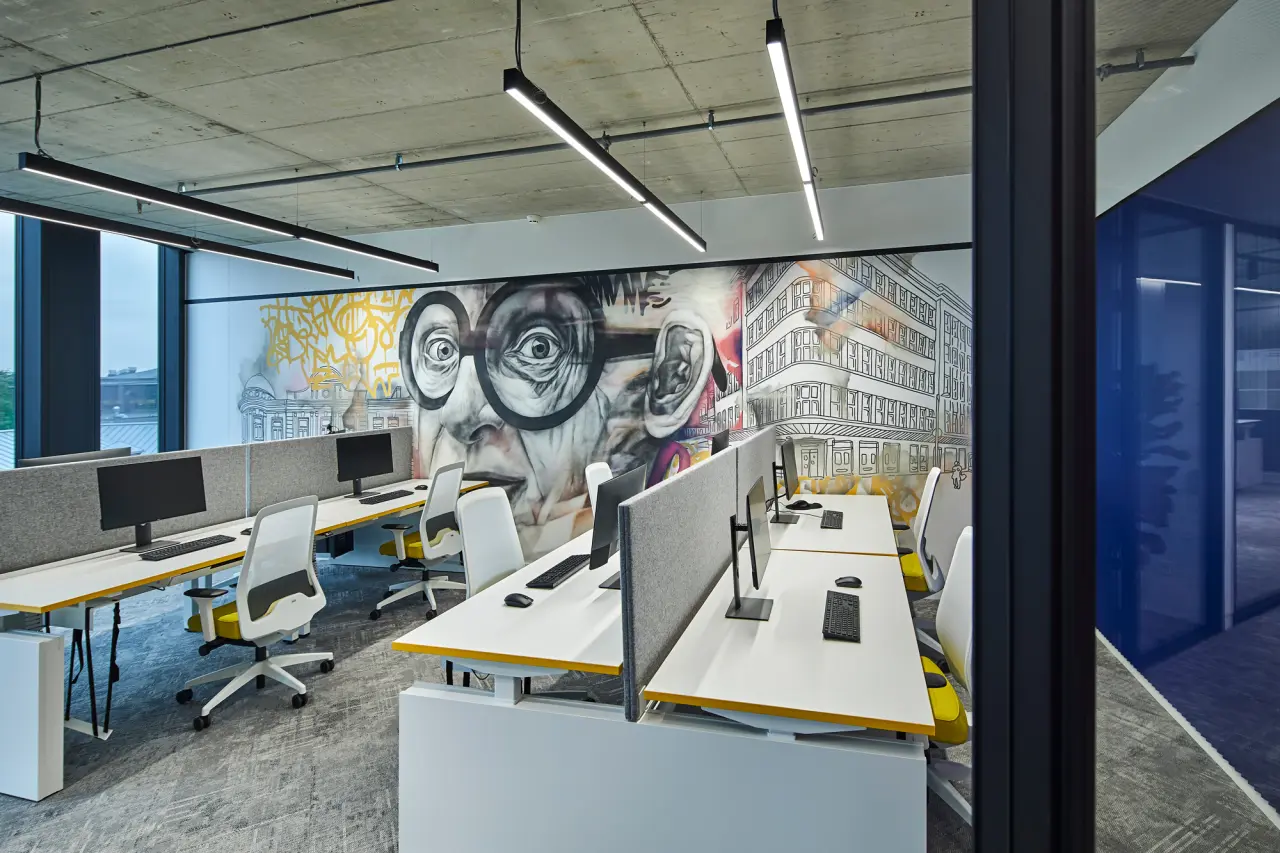Customer education is the key — interview with Jonas, PVcase customer support lead


Customer support is at the forefront of any business. It often creates the first impression that people carry all along their customer journeys. This experience can sometimes even become the reason to leave or stay with a certain company. Therefore, it is important to ensure a smooth experience and invest a great deal in making every client satisfied.
While solving problems is definitely an important part, education is an even more crucial aspect in the long term perspective. In the interview below Jonas Zemaitaitis, our customer support team lead, elaborates on this idea as well as explains the best practices of customer service, its main challenges, and future perspectives.
Could you briefly tell us about yourself? How did you end up in your current position?
I started off as a graphics engineer after I finished university and I worked in that position for a while in another company. Then I decided to make a transition towards a support role since I realized that I, in my opinion, can convey thoughts very concisely and have a good understanding of technical details. So, I thought I would be a good fit. After a couple of years, I joined PVcase as a technical support engineer, and once there was an opportunity for transition to a team lead position, I applied for the job and got the role. I think a support representative is a very educational role and I always have to orient myself towards educating the customer first, rather than just solving the problem.
What do you think is important for quality customer service? What are the most important things that a customer representative should know?
In my opinion, every good customer representative should be a good listener first. If you cannot hear or see the problem, you are only working with half of the story. If you have a situation where somebody tells you their perspective, you are not necessarily seeing the whole picture. You're only seeing a fragment of what they see. It's a bit of a game of identifying the issue from what the customer is saying and also looking at it through a deeper lens.
Even if the customer is angry or aggressive, I guess it’s important to try to not be angry too, but try to imagine the situation from their perspective?
Yes, but I think the key thing to know is the fact that emotions amplify. You get what you give to the world for the most part in life. In a support role, you're dealing with somebody who, in the best case, is curious and lacks a piece of knowledge. At worst, you're dealing with somebody who's being pressed against the deadline and is frustrated. So, I think a good support person must be able to act as a shock absorber rather than a bungee. We must be able to absorb the energy that's being put out from the customer both positive and negative and, basically, deamplify the negativity because nothing good comes from people being frustrated. So, maintaining a good temper and just listening to what the customer is saying is crucial.
You have to be a teacher first and a problem-solver second, because the best solution to a problem is prevention.
What do you think are the main differences in customer support in B2C and B2B?
From my experience, B2B customers tend to be a bit more understanding in the sense that they themselves deal with issues both as people with complaints and as people that receive complaints. So I think there is a higher level of mutual respect there. In B2C situations misunderstanding can escalate faster, in my opinion. So it's a more tender and more soft skill-based approach. Of course, with both B2B and B2C customers, you have to be mindful and respectful all the time. In short, I'd say there's more mutual understanding with B2B customers, while with B2C customer support is a bit more of a soft skill craft.
What are the peculiarities of customer support in the solar industry and in the SaaS industry in general?
Regarding software, I think being on top of things is very important. I used to work in the hardware industry, and it is a lot more set in stone with the changes few and far in between. In the SaaS case, customers are very reliant on us being on top of things. We are basically their information hub, so if we're not on point with the topics, we cannot properly assist them or educate them. With PVcase being a software product, we always have to focus on educating ourselves as much as educating the customers.
What are the biggest challenges you encounter in your current position and, in general, in customer support in the solar industry?
I'd say just generally challengewise there is nothing really bespoke when it comes to customer support. In our case, customer support involves having a lot of knowledge and being able to provide it in a way that every customer can understand. You have to understand the topic in a way that you would be able to execute it properly. It's a whole different game when you have to explain it 15 times. Hopefully, you don't get to do it 15 times, but you have to be ready because not everybody has the same background, experience, and nomenclature.
Being aware of the industry terminology both ways proper and improper is super important.If the customer cannot relate to what you're saying, even though it's factually correct and accurate, there won’t be a good customer support experience and result.
In terms of PVcase, I'd say there are no major differences, everything is just more industry-specific.
I think any company that wants to have a strong customer support base and a very well-educated user base should prioritize education instead of problem-solving.

Having in mind the fact that PVcase's client base is quite global, do you encounter any cultural differences when communicating with people from all over the world?
In general, it would be unfair to say that there are no differences between people and their working cultures, but in short, everybody has the same goal — understanding what's under the hood of the software and using it to its full potential. So, it is more constructive to look at what unites these user groups and tailor your communication to suit them, because you need to reciprocate the communication. There are people that are very straight to the point and want to have a very fast and expedient experience. Meanwhile, there are people that bask a little bit in the communication side of things. They enjoy working it out together, while some just want a solution. So reciprocating what you get is the key.
As a customer support lead, how do you ensure that your team operates properly and delivers excellent customer support? What methods do you use as a lead?
First of all, 90% is the people. It's not enough to know how to do something, what the general design practices and the industry trends are. You have to have the right people. People need to be comfortable with educating others. I always ask people who are interested in joining my team how they feel about teaching others. Is it tedious, is it something that they thrive in? In this position, you have to be a teacher first and a problem-solver second, because the best solution to a problem is prevention. So in my approach, I always emphasize that we are teachers.
We explain, we help to find out, and if you do a good job, the case is clear. A user will have more knowledge and, in turn, feel a better connection with the product and the support team. There are actually customers that we have a certain level of camaraderie with just because we took the time to step back and spend an extra five minutes explaining why, how, and what can be done to prevent some problems rather than just saying that this project is fixed or don't do this and that.
So, when it comes to our team, we take quite a bit of time to onboard people in the sense that we work with them a lot. We focus a lot on quality standards. We show them best practices and just emphasize what's best. And everybody here loves teaching. There are some people that even have teaching backgrounds, and our company is very skilled in that sense. So I feel that we have a strong group of teachers that know how to operate our software and have in mind the best design practices.
What changes and challenges do you think the customer support industry will encounter in the future?
It's really hard to say in the broad sense. I think that support in general should be broadly accessible and available, but the best trend I've seen in the past years has been the increase of self-developed education content. We provide our own content for our customers, both in video format and in help articles, so having a robust base of self-serve content is crucial and I see a lot more companies taking the step towards developing such content. Having this readily available content not only helps in the long term by reducing cases, but also increases customer education because we all know that the more quality information is available to the user, the more possibilities they have to become power users, advocates, and somebody who truly is on the cutting edge of the tool.
Every good customer representative should be a good listener first. If you cannot hear or see the problem, you are only working with half of the story.
So, I imagine the future customer support agent being not a person on the phone in the call center, but rather an educator and even content curator, right?
I would think so. That is a more holistic and robust approach. Just band-aiding a problem is trivial. Once you know the symptoms and what to do, it seems that it’s the fastest way to solve an issue. But it's not sustainable in the sense that people will eventually still become frustrated. For example, there are tons of tools that are popular across multiple industries that don't have robust education information. This spawned a lot of self-made content that indicates the demand for it. Therefore, it is super-important to be ahead of the curve and have readily available content and people that can educate on the content in-house. I think any company that wants to have a strong customer support base and a very well-educated user base should prioritize education instead of problem-solving.

PVcase Academy is a tool that performs an educational function for PVcase customers. Could you tell us more about how it started?
PVcase Academy started early last year as a concept by one of our colleagues who joined the company. He noticed that while we were doing a lot of the training, it could be a lot more beneficial to have it as a record that would be always available to customers whenever they needed assistance. So, we came up with the idea to create our own video courses and educational content.
Early on in the process, I joined the company and became involved in the design of the scripts, the procedures, and voiceovers. We developed our workflows, created the content, and launched it late last year. Since then, we've been on a mission to keep it up-to-date, relevant, and always interesting for our users. With PVcase Academy, we found that the information is a lot more accessible when we also have it available with subtitles in both English and Spanish. And then in general, the Academy is a great tool that we have found has aided our users in a lot of ways.